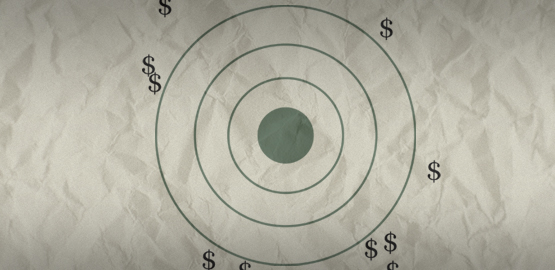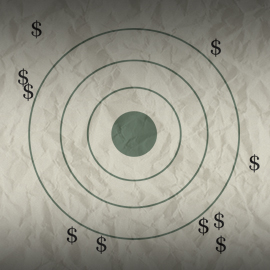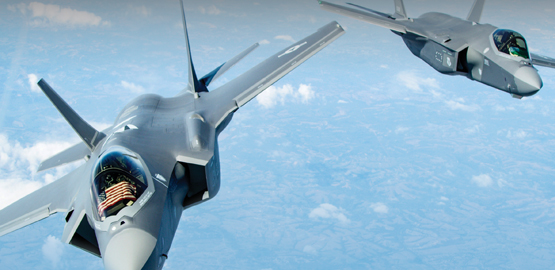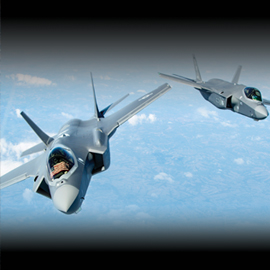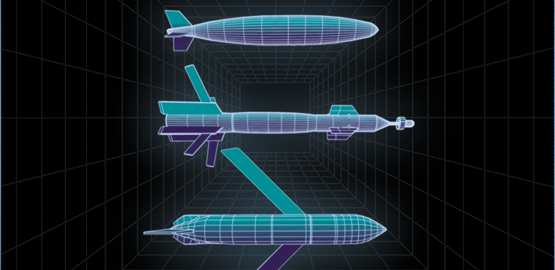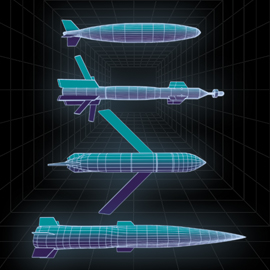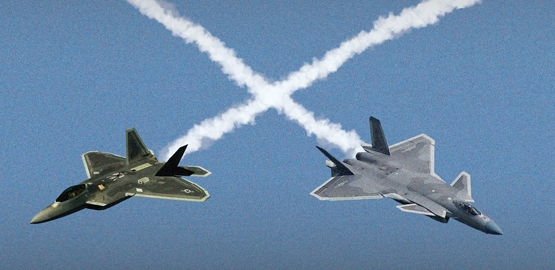Publications
"Nobody does defense policy better than CSBA. Their work on strategic and budgetary topics manages to combine first-rate quality and in-depth research with timeliness and accessibility—which is why so many professionals consider their products indispensable." – Gideon Rose, Editor of Foreign Affairs, 2010-2021
FY 2016 Weapon Systems Factbook
Each year, the Department of Defense (DoD) submits Selected Acquisition Reports (SARs) to Congress detailing the status, plans, and funding requirements for more than 80 major acquisition programs. The most recent available SARs, submitted in December 2014, project funding and quantities for major acquisition programs extending more than 30 years into the future. The SARs project that these programs will need $337 billion over the Future Years Defense Program (FYDP), spanning FY 2016 to FY 2020, and an additional $453 billion in FY 2021 and beyond.
Seven Areas To Watch In The FY17 Defense Budget
President Obama’s last budget, to be released February 9th, is his last chance to put his administration’s stamp on the nation’s defense spending.
A Vision of Future Aerial Combat
CSBA's historical analysis of air-to-air combat, detailed in the 2015 report titled Trends in Air-to-Air Combat: Implications for Future Air Superiority by Dr. John Stillion, assessed how advances in sensor, weapons, and communication technologies have changed air combat.
Winning The Airwaves: Regaining America’s Dominance In The Electromagnetic Spectrum
The electromagnetic spectrum (EMS) is one of the most critical operational domains in modern warfare, but its use in military operations is rapidly changing. In the same way smartphones and the Internet are redefining how the world shares, shops, learns, and works, the development and fielding of advanced sensors and networking technologies will enable some militaries to gain significant new advantages over competitors that fail to keep pace.
Deploying Beyond Their Means: America’s Navy and Marine Corps At a Tipping Point
Today the Navy and Marine Corps are facing a fundamental choice: maintain current levels of forward presence and risk breaking the force or reduce presence and restore readiness through adequate training, maintenance, and time at home.
Defense Reform
At a Senate Armed Services Committee hearing CSBA's Vice President for Studies Jim Thomas’ argued that new legislation is needed to ensure the DoD is effectively organized to address current and future security challenges.














